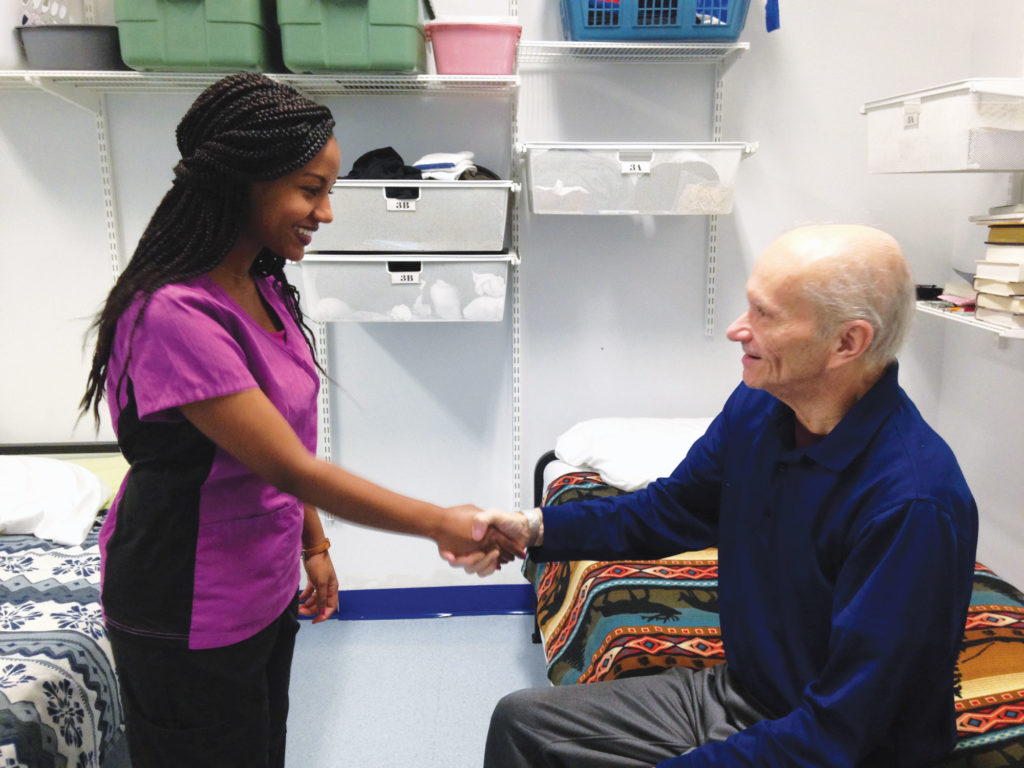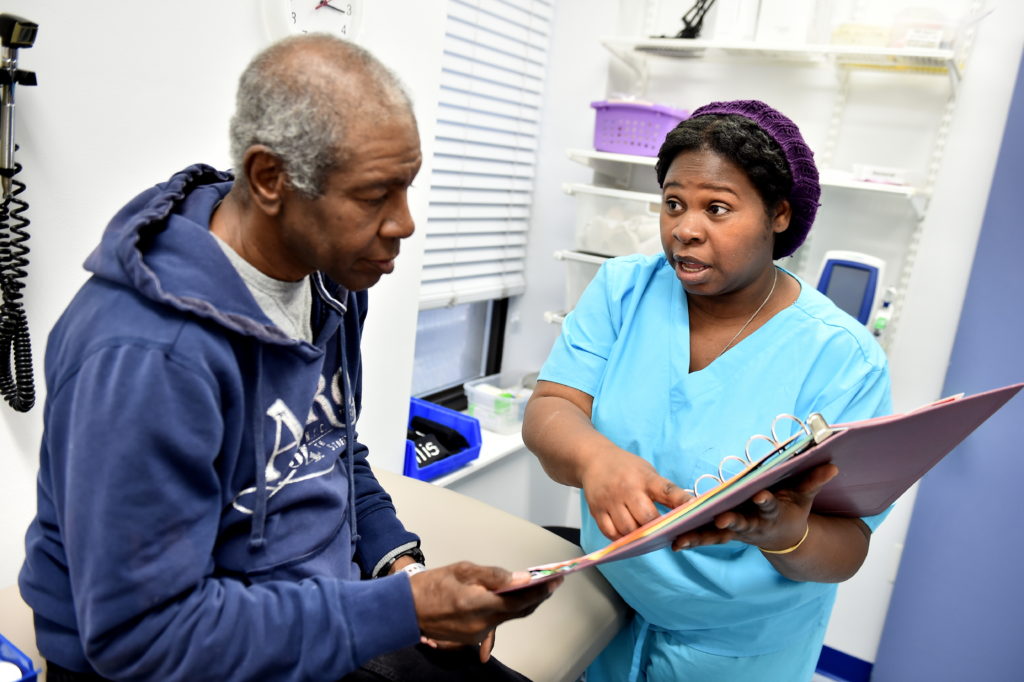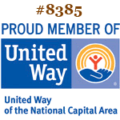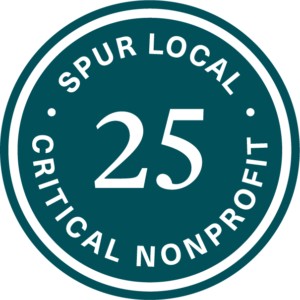New patients are warmly invited into our community of healing
When a new patient arrives at Christ House, he is greeted in the lobby by a member of our clinical staff and asked two questions: “Have you eaten recently?” and “Do you need reading glasses?” Hospitality is a core value of our mission and there is no better welcome than meeting the practical needs of those we serve from the moment they arrive.
Some patients feel apprehensive or skeptical when they step through our doors. Coming from the streets or homeless shelters, they often don’t know what to make of the Christ House community. In time, most of our patients come to trust the staff and the healing process through which we are guiding them.
“I felt a sense of relief when I got here.”
Other patients feel an immediate sense of comfort when they arrive. A patient recently shared, “Coming from where I was coming from, I felt a sense of relief when I got here. Through the intake process, I realized that I was going to get the help that I needed. I saw that the staff really cared and I was hopeful that they would help me to get better.”
Once a new patient settles in, he meets with one of our nurse practitioners. The NP first asks about the patient’s primary medical concern and records as much medical history as he remembers. We receive basic information about a patient’s condition before he arrives, but we have to continue putting the pieces of the medical puzzle together by contacting past providers, obtaining access to lab results, and investigating past treatments. Since patients stay with us for an average of 41 days, gathering this history enables us to design more effective treatment plans.
The NP also conducts a comprehensive physical, similar to a typical annual physical exam. She examines the eyes, ears, and throat, listens to the patient’s heart and lungs, checks reflexes, feels for pulses, and inspects the skin and nails. She is attentive to how the patient tells his story; if there is evidence of depression, anxiety, or confusion, she can then refer the patient for a mental health assessment.
We wash all of the patient’s clothes upon intake and offer him a shower. This ensures that the patient feels as comfortable as possible and is clean – which is especially important for those with external wounds.
Within the first several days, we also facilitate preventative screenings for conditions like diabetes, hepatitis, and cancers. These tests are often neglected when an individual is living on the streets. These simple, preventative practices can be the most effective and important things that we can offer a patient.
A case manager also meets with the patient during his first few days at Christ House. Our case managers gather information on the patient’s background, including his history of homelessness, education, employment, income, substance use, and mental health care.
During the first few days, some patients are hesitant to share personal information or simply may not be able to remember key details about their life. So, case managers, like the clinical staff, often need to fill in missing pieces by investigating past placements, contacting agencies, and reaching out to family members to better understand the patient’s history and needs.
Gathering a wide range of information helps case management to determine which goals to make a priority. The most common first steps we take to build a system of support for patients include obtaining an ID, a source of income, and insurance coverage. Knowing the patient’s history also helps case managers as they work with patients on a discharge plan, such as securing housing, to maintain their health and independence after they leave Christ House.
Your support enables us to warmly welcome those who are sick and homeless in Washington, D.C. Thank you for providing healing hospitality to patients from their first to their last day at Christ House.
The above article is from our winter newsletter.
Click here to view the full newsletter.








Leave a Reply